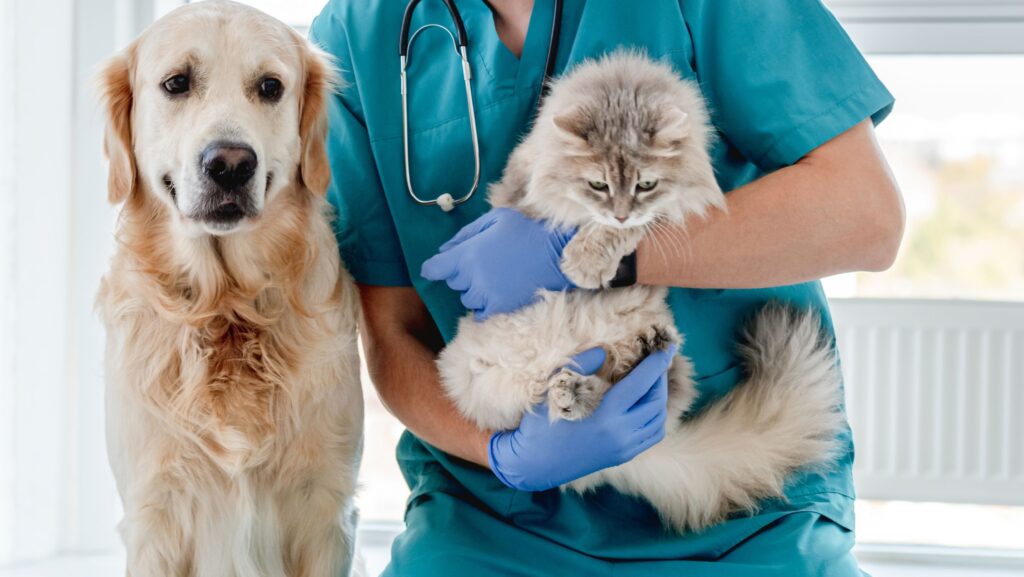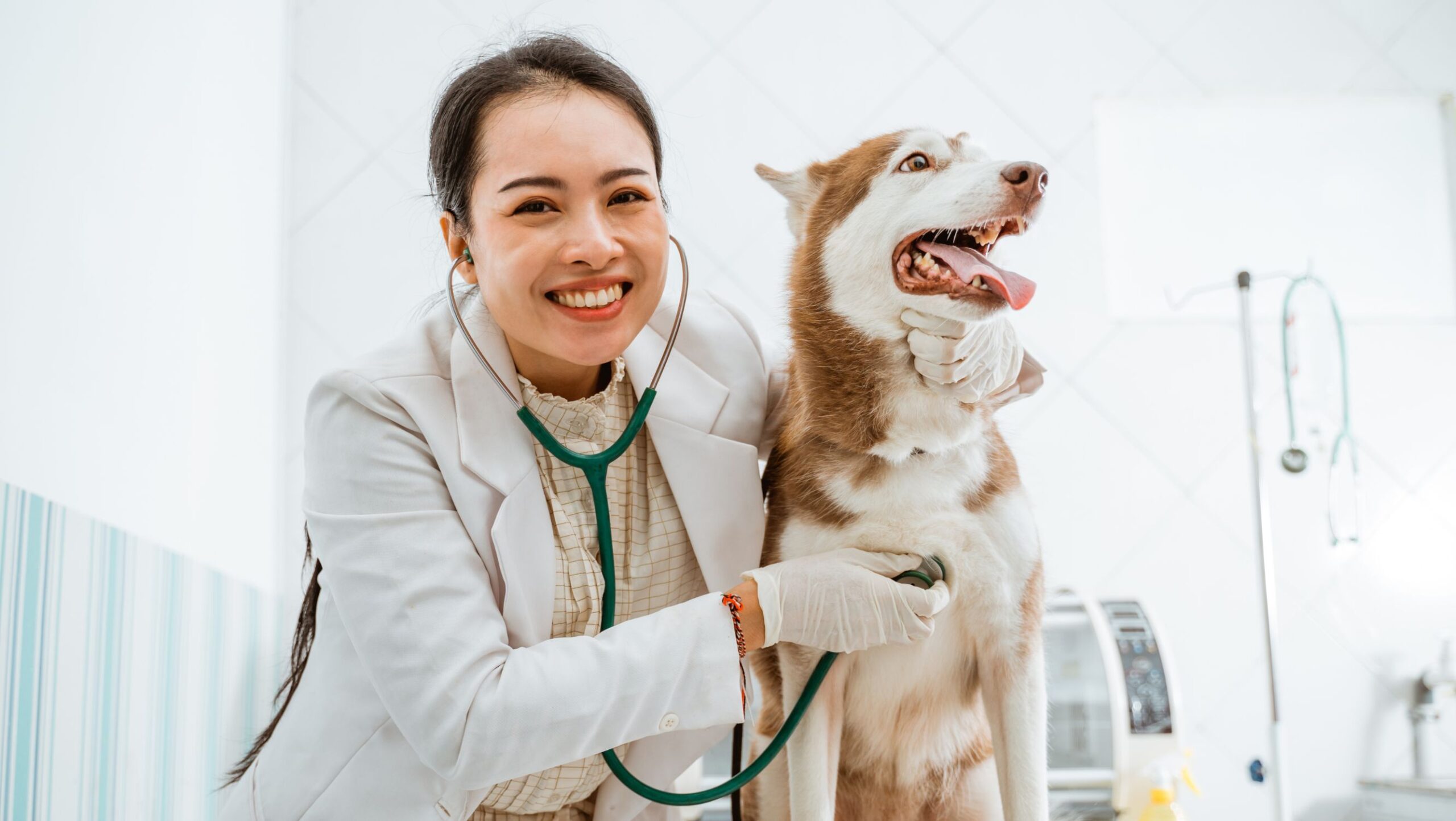The sudden yelp of pain, the odd limp, or the terrifying moment when your pet collapses — emergencies always strike when you least expect them. In those moments, hesitation can make a world of difference. Whether it’s knowing the quickest route to an emergency vet Rosebery, recognising the signs of distress, or having a plan in place, being prepared could save your pet’s life.
Why Preparation Matters
Pets rely on us to notice when something is wrong. Unlike people, they can’t tell us what hurts or how severe the issue is. A dog panting heavily after exercise might simply be hot — or it could be heatstroke. A cat refusing food could be picky — or it could signal a serious illness.
Acting quickly is critical. Many conditions, from poisoning to breathing problems, worsen by the minute. The sooner you seek professional help, the better the chances of a full recovery.
Spotting the Signs of an Emergency
It’s not always obvious when a situation is life-threatening. But there are red flags every owner should know:
- Difficulty breathing — rapid, shallow, or laboured breathing should never be ignored.
- Seizures or collapse — even one seizure is serious, and immediate veterinary care is needed.
- Uncontrolled bleeding — if pressure doesn’t stop the bleeding within minutes, head to a clinic.
- Severe vomiting or diarrhoea — especially if it’s persistent or contains blood.
- Ingestion of toxins — common culprits include chocolate, grapes, certain plants, and human medication.
- Sudden inability to walk — this can indicate spinal issues or severe injury.
Trust your instincts. If your pet seems “off” and you’re concerned, it’s better to make a call than to wait it out.
Building an Emergency Plan
Emergencies don’t allow time for Googling phone numbers or debating directions. Having a plan in place means you can act quickly under stress.
Key steps to prepare:
- Know your nearest clinic – save the address and phone number in your contacts.
- Have transport ready – if you don’t drive, know which taxi services or rideshares allow pets.
- Keep a pet first aid kit – include bandages, antiseptic wipes, tweezers, and a digital thermometer.
- Write down vital info – your pet’s medical history, allergies, and medications should be easily accessible.
- Learn CPR for pets – many vet clinics or animal charities offer short training sessions.
First Aid You Can Do at Home
While professional care is essential, some quick actions at home can make a difference while you get to a vet:
- Control bleeding – apply firm pressure with a clean cloth or bandage.
- Heatstroke – move your pet to a cool area, offer small amounts of water, and use damp towels to lower body temperature gradually.
- Choking – carefully open the mouth to see if an object is visible. Do not push it further down. If trained, use gentle abdominal thrusts for dogs.
- Seizures – move objects out of the way to prevent injury, but don’t try to restrain your pet.
These are stopgap measures — not substitutes for expert care. Always follow up with a vet.
Keeping Calm Under Pressure
When panic sets in, pets can sense it, which only adds to their distress. Try to stay calm, speak gently, and handle them with care. If you need help transporting your pet, don’t be afraid to ask a neighbour or friend. Having someone else drive while you comfort your pet in the back seat can make the trip less stressful for both of you.
Everyday Prevention Saves Emergencies
While accidents and sudden illness can’t always be avoided, many emergencies are preventable. A few simple habits reduce risks:
- Store household chemicals, medicines, and certain foods safely out of reach.
- Keep up with routine vet visits and vaccinations.
- Supervise pets outdoors, especially in hot weather or near water.
- Use pet-safe plants in the home and garden.
- Maintain a healthy weight and exercise routine to prevent underlying health issues.
Prevention won’t eliminate every risk, but it can significantly reduce the chances of crisis situations.
Supporting Your Pet Through Recovery
Even after emergency care, your role doesn’t end. Recovery often requires medication, rest, or dietary changes. Follow your vet’s advice carefully, set reminders for treatments, and provide a calm environment for healing. Small gestures — a quiet space, gentle reassurance, and sticking to a routine — make recovery less stressful.
The Peace of Mind in Being Ready
No pet owner ever wants to face an emergency, but being prepared makes it less overwhelming. The knowledge that you know the signs, have a plan, and can get help quickly offers peace of mind.
Your furry friend depends on you for comfort, safety, and swift action. When every second counts, those simple preparations can make all the difference.


